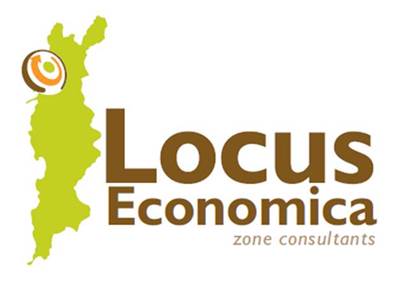Myanmar
Since the transition to a civilian government in 2011, Myanmar has begun an economic overhaul aimed at attracting foreign investment and reintegrating into the global economy. In 2012, it re-wrote its Foreign Investment Law to open up more sectors to larger degrees of participation by foreign investors. The market responded strongly to these reforms, with pledged FDI growing from $4.1 billion in 2013 to a peak of $8.1 billion in 2014.
Myanmar’s abundant natural resources, young labor force, and proximity to Asia’s dynamic economies have attracted foreign investment in the energy sector, garment industry, information technology, and food and beverages. Since 2011, Myanmar has made significant reforms to improve its legal and regulatory framework to create an attractive business climate, especially pertaining to starting a business.
In 2011, Myanmar introduced an SEZ program, including an SEZ Law, the Dawei SEZ law (drafted with Locus assistance), and an SEZ regulatory authority. The Dawei SEZ, Thilawa SEZ, and Kyuak Phyu SEZ are all under development.
Since Locus Economica’s World Bank intervention, the SEZ Law was enacted in 2014 and a first SEZ is now open, with 2 more under development. Thilawa SEZ Zone A, which now open, is the country’s first modern industrial park. As of May 2019, 105 companies had invested in the SEZ, with investments of over USD 1.6 billion. Zone B is already 61% sold, under construction and set to be finished in 2020. Dawei SEZ is also underway, following successful 2015 negotiations with Japanese and Thai backers. It is expected its Phase 1 will create up to 290,000 jobs, Phase 2 will create 420,000 jobs and Phase 3 will create 640,000 jobs. Finally, an environmental assessment for Kyauk Phyu SEZ, projected to cost US$ 1.3 billion and to be developed by China’s CITIC, was completed in June 2019.


Myanmar's new SEZ program was launched to advance its economic reforms, which expanded foreign investment, export-oriented production, and job creation. From May-June 2012, Locus Economica assisted these efforts by helping draft a new SEZ law for the government as part of the International Finance Corporation's...